Cole Block Party
Right before Easter Sunday, TGF was lucky to be invited to a community cook out in the Cole Neighborhood. Excited, screaming kiddos got their faces painted, played yard games and …
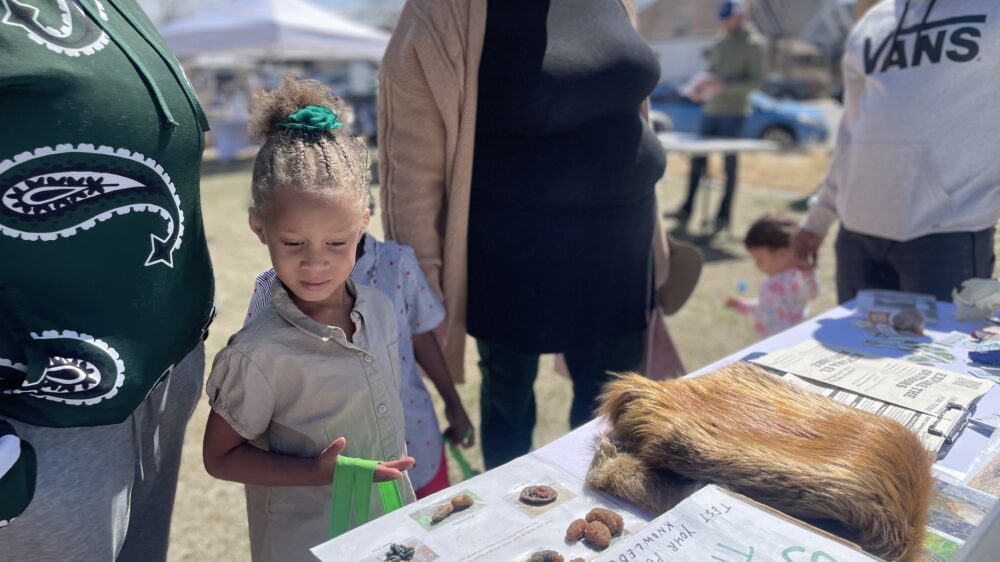
Right before Easter Sunday, TGF was lucky to be invited to a community cook out in the Cole Neighborhood. Excited, screaming kiddos got their faces painted, played yard games and …
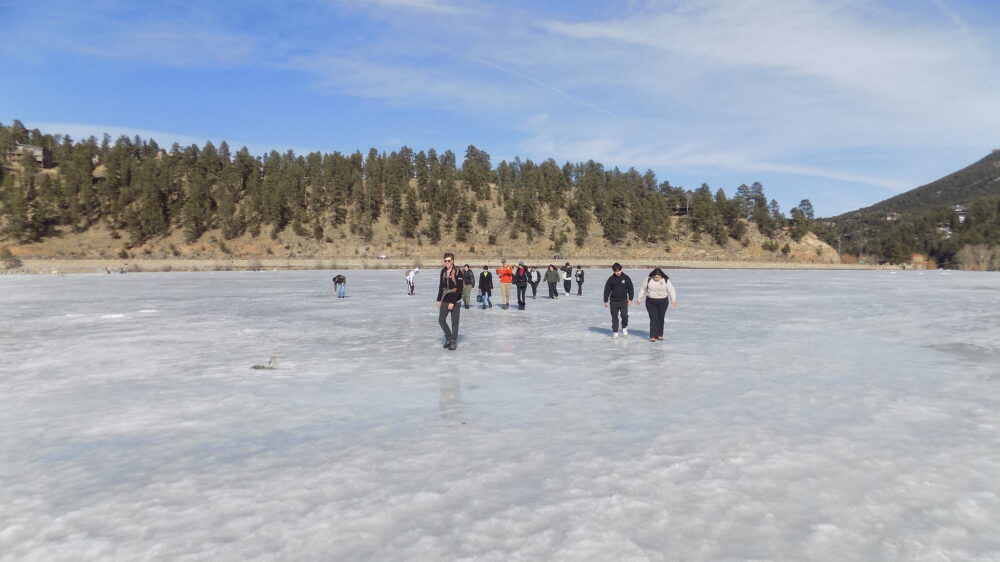
Near the end of February, with the close of winter quickly approaching, GLC gathered an adventurous bunch of explorers to head on up to the mountains for a hike on …
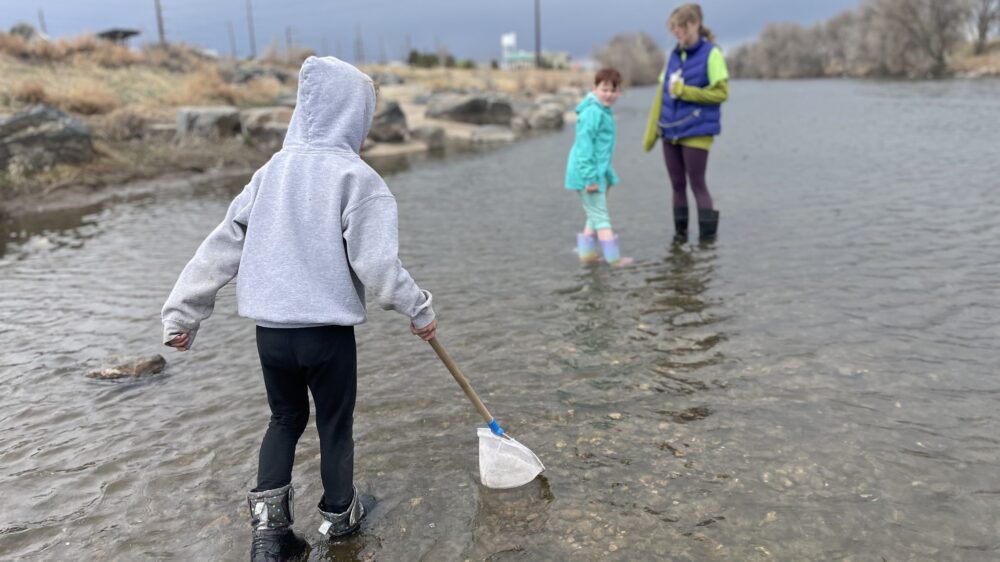
Though few in number we had a mighty good time at SPREE Spring Break Camp this spring. While we dug deep into the “Cycles That Surround Us,” we spent time …
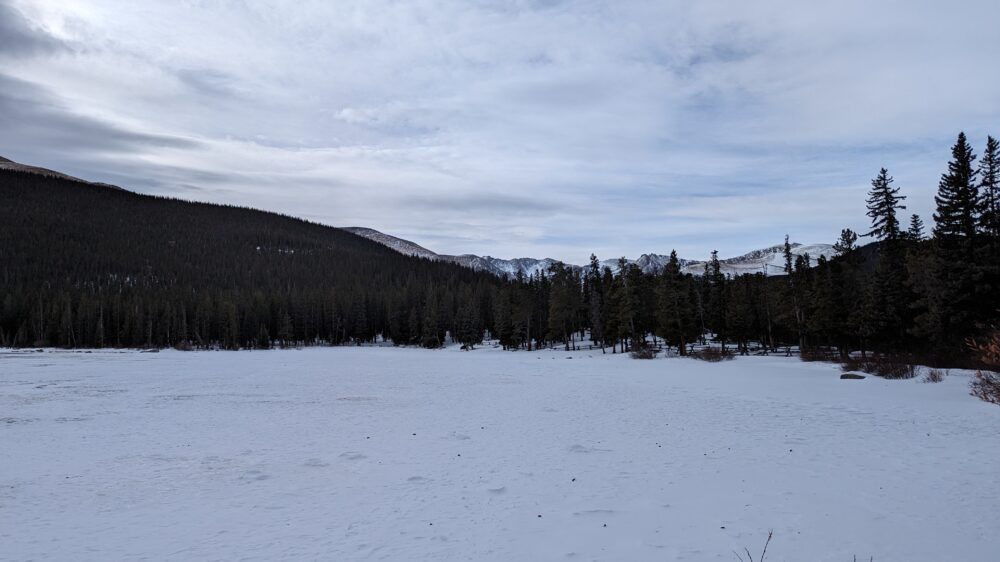
After a long week of cold weather we got extremely lucky for our snowshoeing event this past weekend. We went up to Echo lake, where we learned all about the …

Green infrastructure is an urban development practice used to help mitigate some of the climatic challenges associated with living in densely populated areas like cities. These practices are rooted in …
This year SPREE is offering 3 unique themes over 6 weeks, featuring exciting guests, engaging activities, and lots of time by the River. Be sure to mark these dates in …

Waste management is a crucial part of mitigating individual impact against climate change – but there’s a lot of different rules, regulations, and changing science for a lot of different …
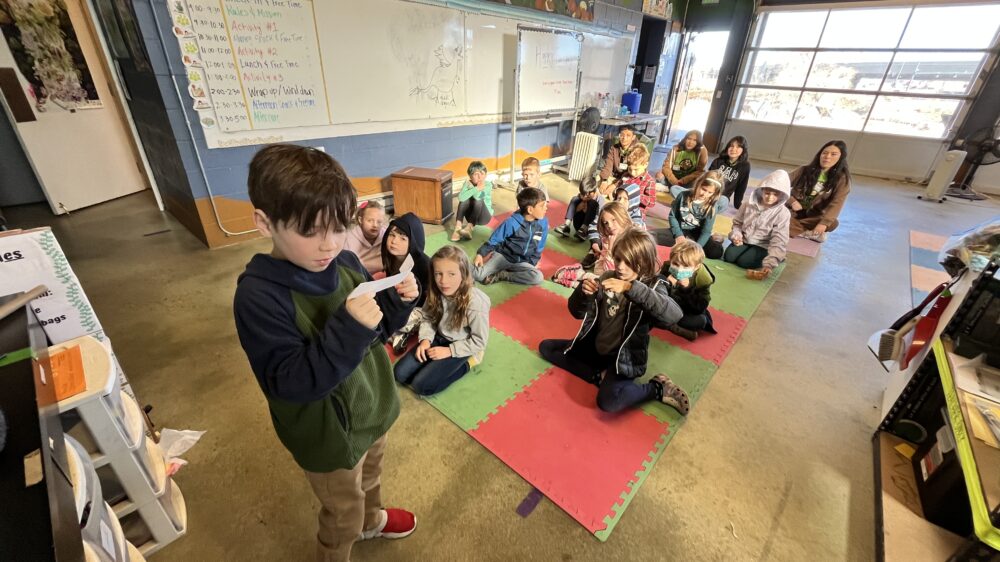
On Monday we braved the weather and learned all about the wildest jobs in nature, from apiests and biologists, to zoologists. We brainstormed how people all around our community can …

November is a time for reflection, remembrance, and respect as we honor NativeAmerican History Month. It’s a time to recognize and celebrate the vibrant culture, history, andcontributions of the indigenous …
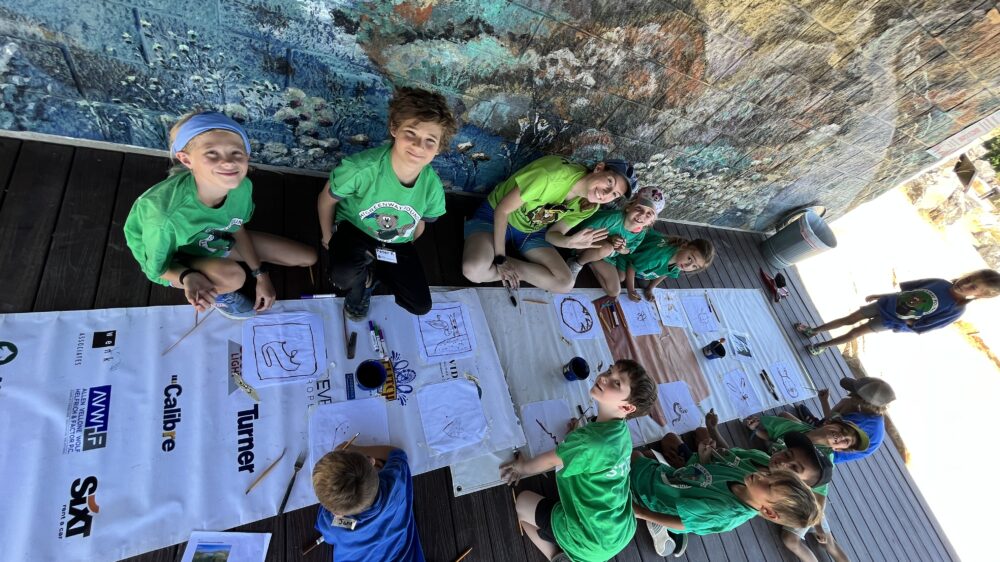
We started the last Monday of summer camp with some calming yoga in nature, we took account of our surroundings and searched for things to bring us inspiration. Then we …
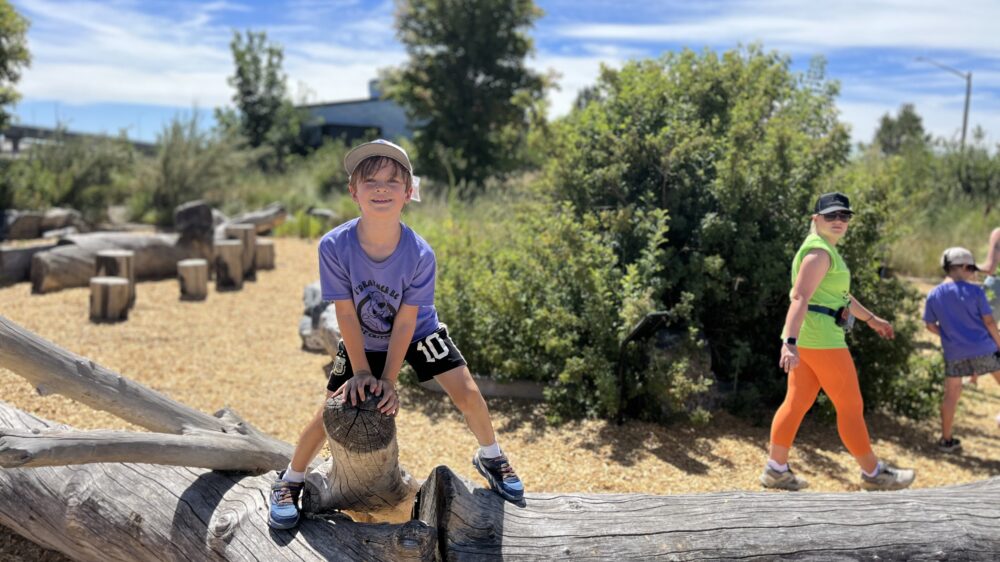
This week we sharpened our senses in this camp on predators and their prey. We discovered who eats whom in our city and learned what adaptations, from stalking to ambushing, …
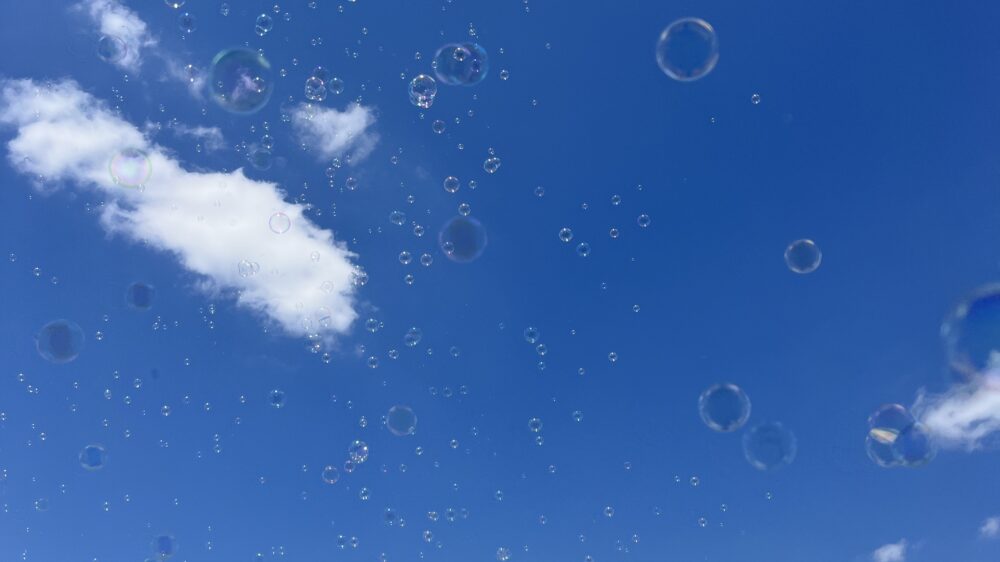
Nature is full of wonder, beauty, and unbelievably extreme animals! This week we learned about the smartest, fastest, and deadliest animals in Colorado and why they have evolved such special …
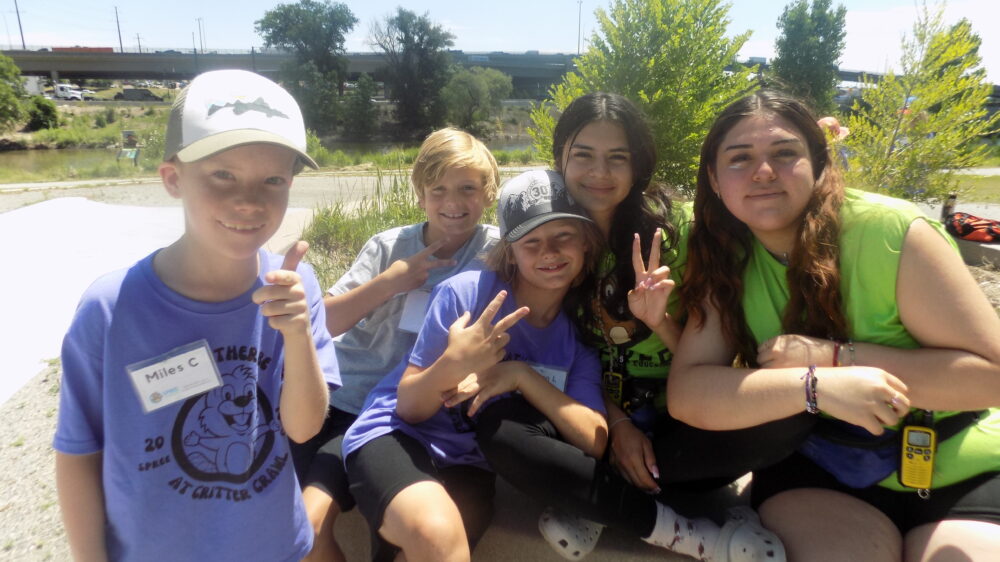
This week we explored the wonderful world of decomposers and all the magical places they can be found. We uncovered the mysteries of mushrooms and their thread-like mycelium – an …
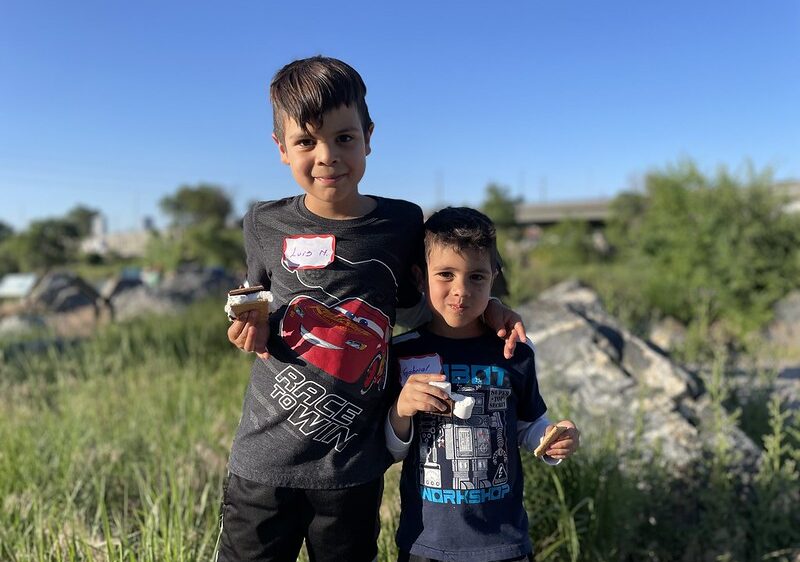
Families from the Westwood and Cole neighborhoods in Denver came out to SPREE HQ on Saturday for a day out in the sun and a night under the stars. We …
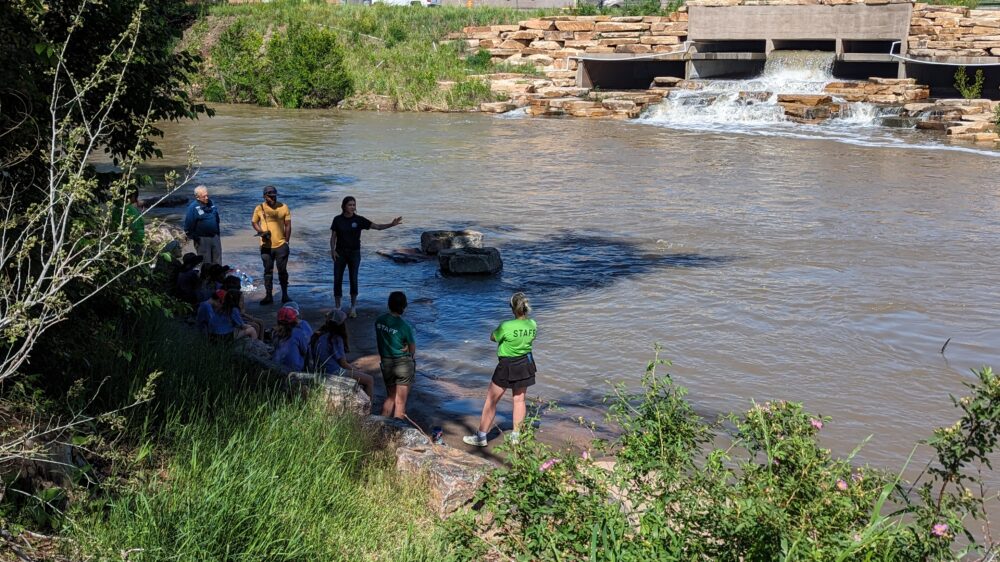
We hiked the different river habitats in Johnson Habitat Park and learned how life varies in each. Discovered the biogeography of river life, learned how to recognize a wetland, and …
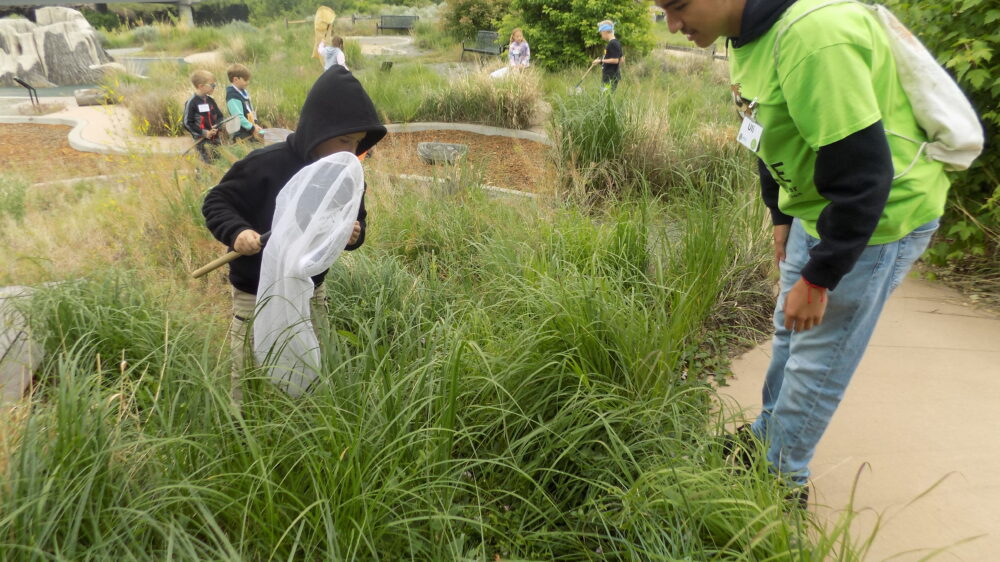
Did you know the water we drink today is the same water the dinosaurs swam in! This week we investigated the many forms water takes as it moves in and …
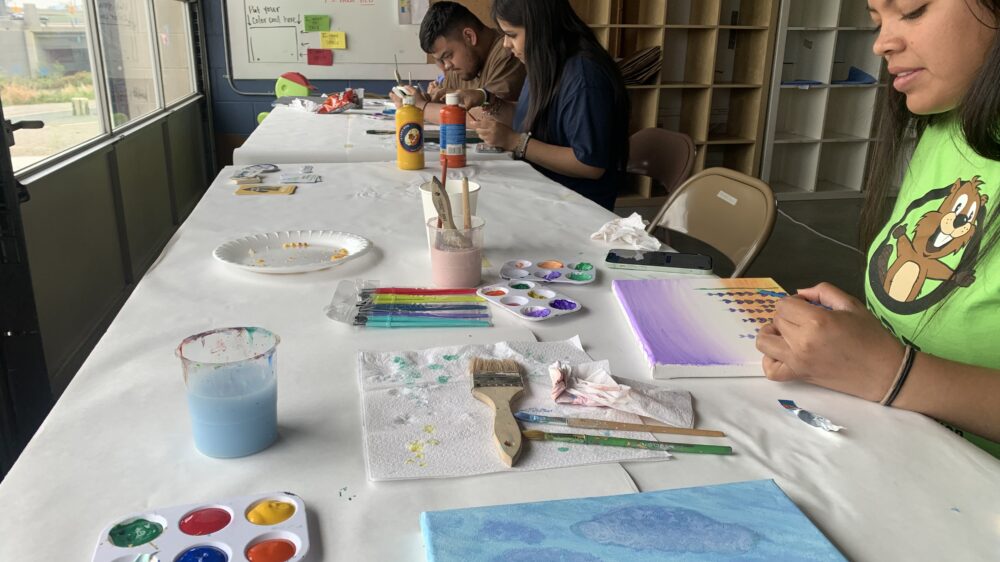
For our May GLC event we had a fun park day all planned out. This event was largely affected by weather but despite that we had an amazing day! We …
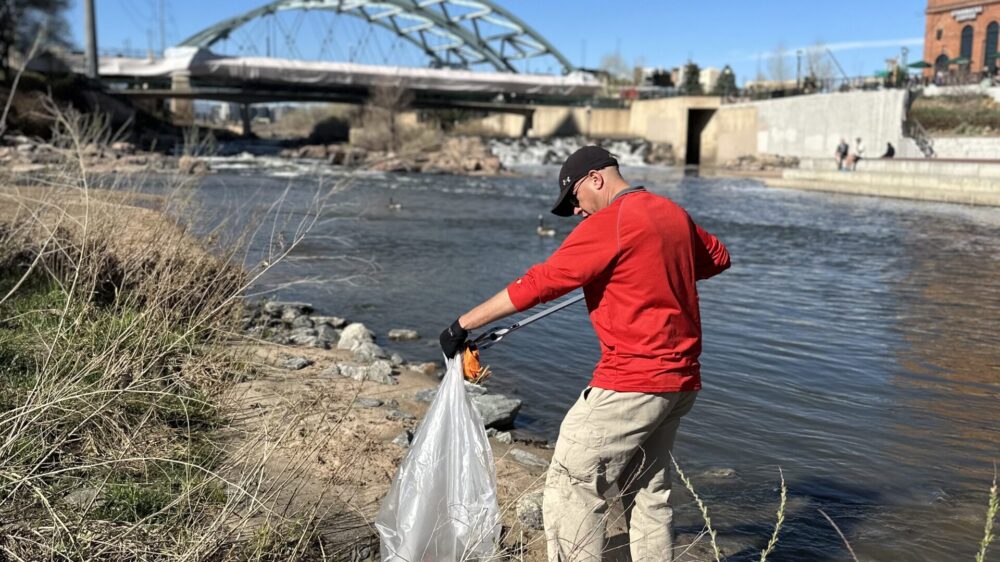
This past Saturday was a beautifully sunny day in the parks, perfect for a morning of stewardship along the South Platte River. Pacifico Preserves, along with The Greenway Foundation, hosted …

It was no joke how amazing this April 1st event was at Russell Square Park. Put on by My Outdoor Colorado and 7 other partners, this park grand opening saw …

The Greenway Foundation reached out to the current 2023 Denver Mayoral Candidates, asking each to respond to three questions concerning the future Denver’s Urban Waterways. As we receive their responses …
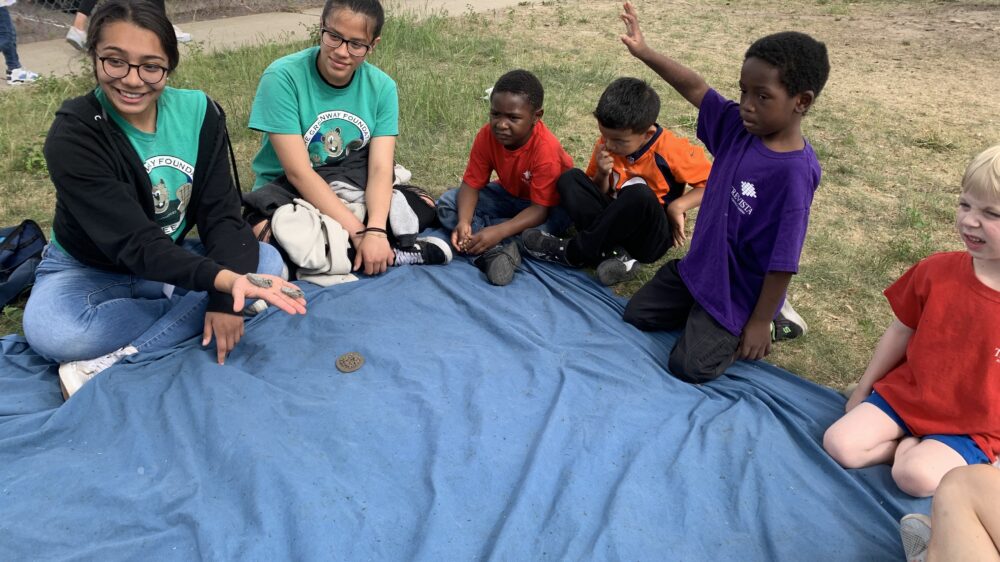
Throughout the 2022 school year, we had 6 River Ranger interns from Kipp Denver Collegiate High School. This is the first time our River Rangers have been able to teach …
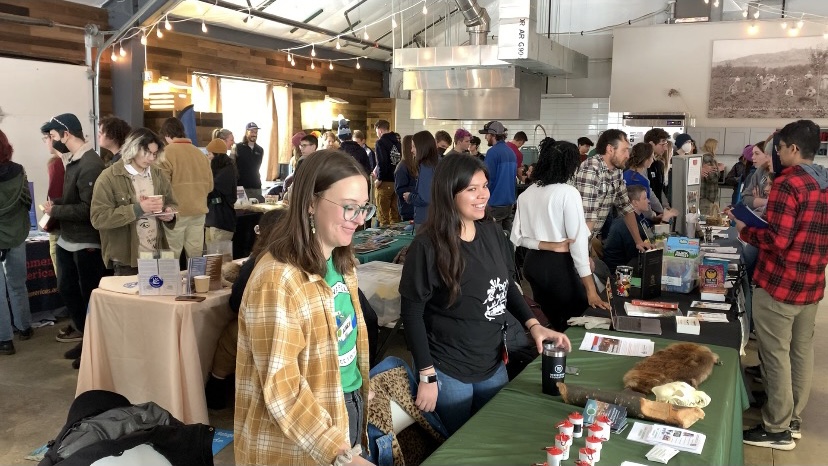
This month, we partnered with Volunteers for Outdoor Colorado to provide a Youth Career Exploration Day for teens across the Front Range. The GLC team had the honor to speak …
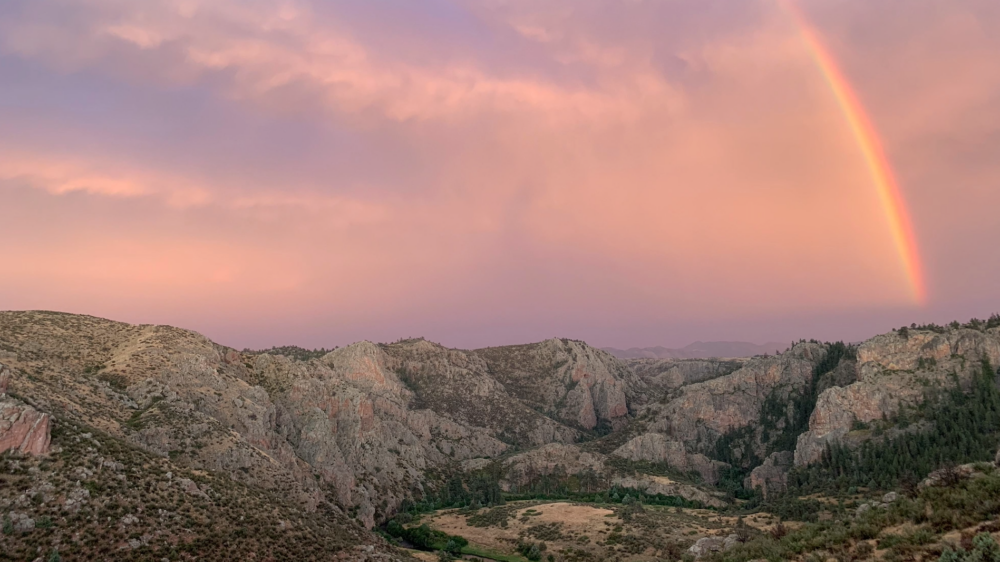
2022 was a year full of adventure for the Greenway Leadership Corps! The winter was packed with outdoor sports including, ice skating in downtown Denver, snowboarding lessons at Ruby Hill …
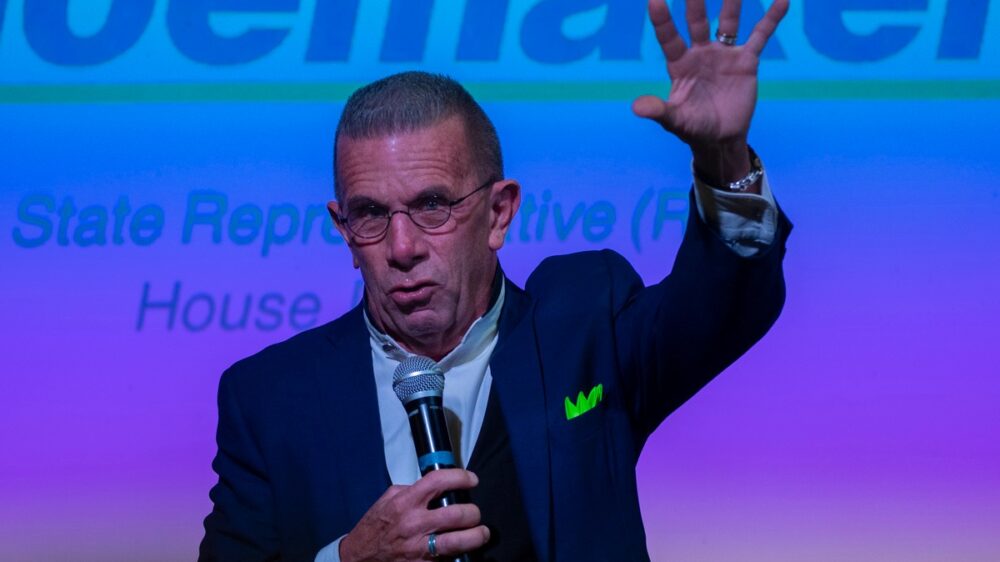
After a 40+ year career, Jeff Shoemaker is stepping away from his role as Executive Director of The Greenway Foundation (TGF). To view the full photo album from Jeff’s Evolution …
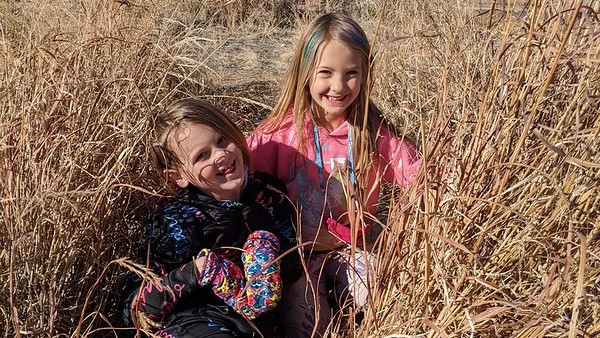
Monday: Native November With Thanksgiving right around the corner we dedicated this day of School Break Camp to the acknowledgement of the indigenous people that have lived on and cultivated …
